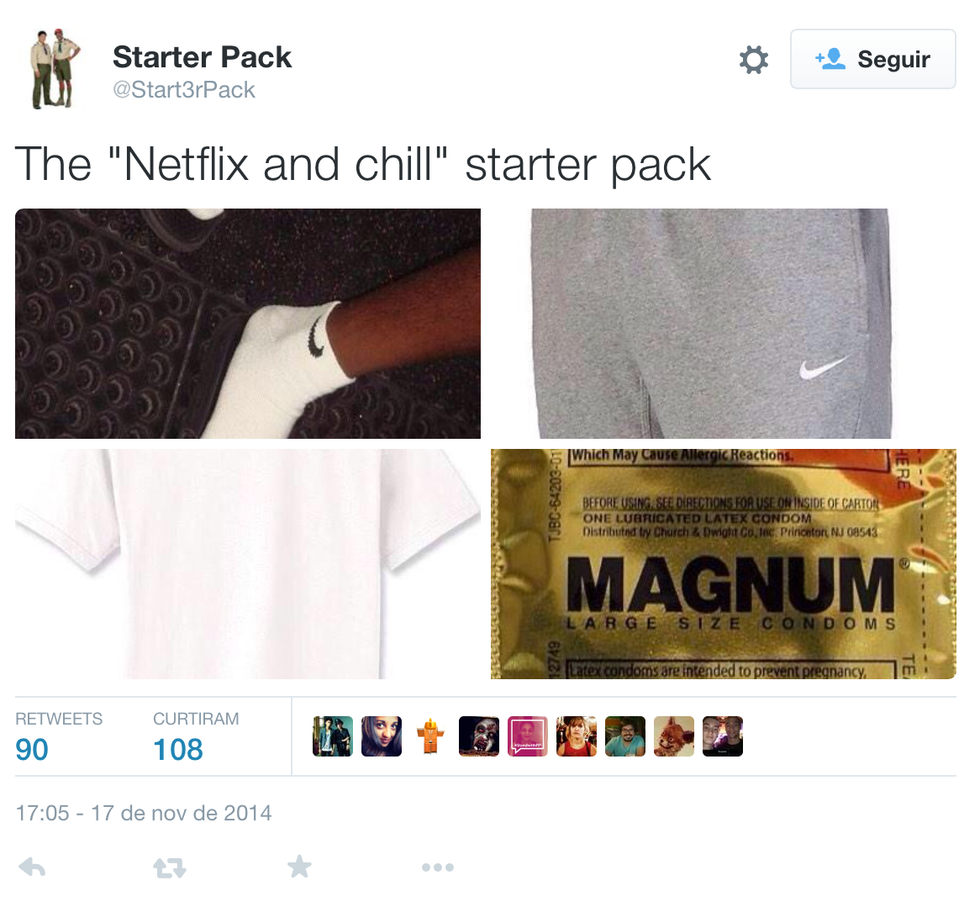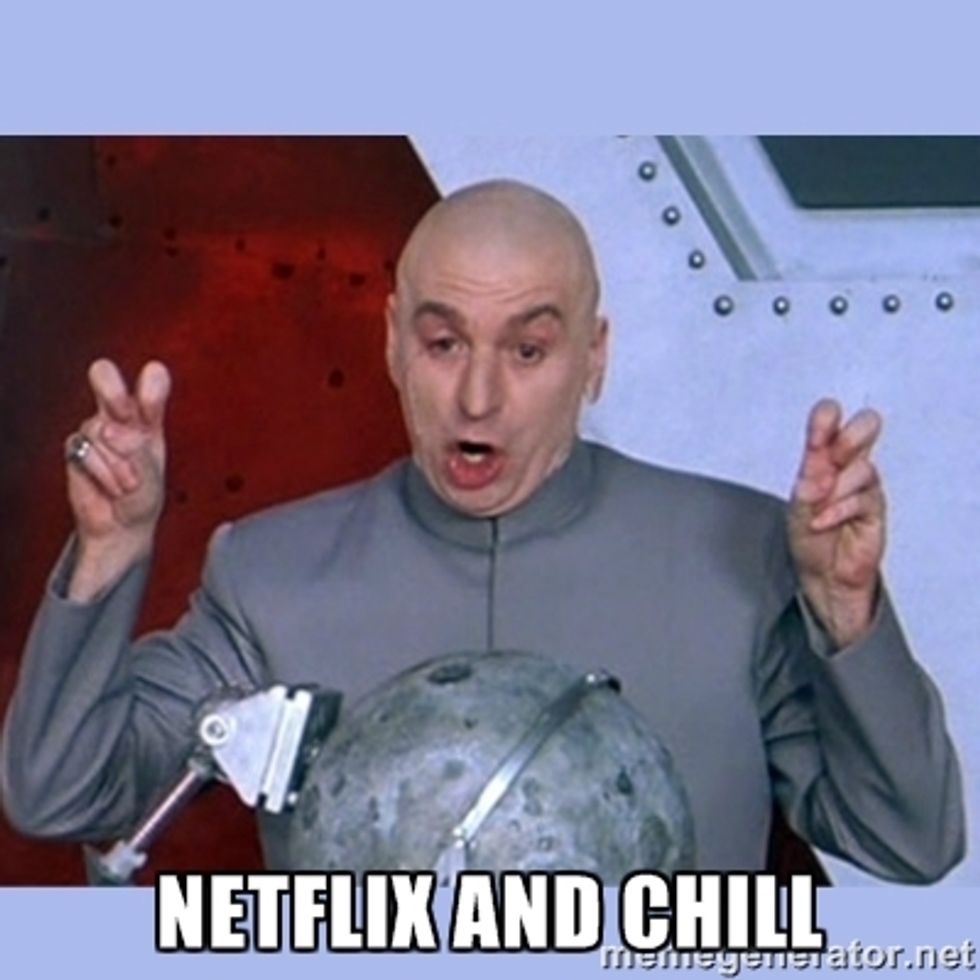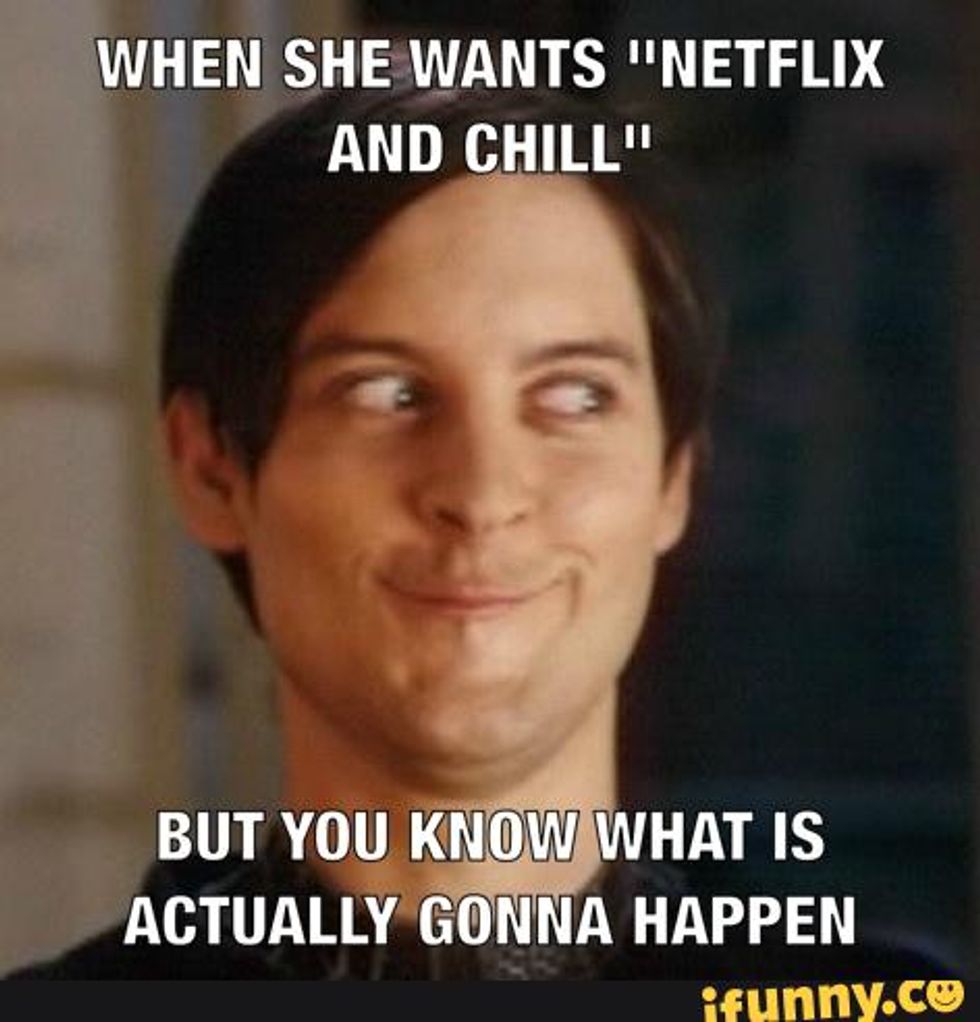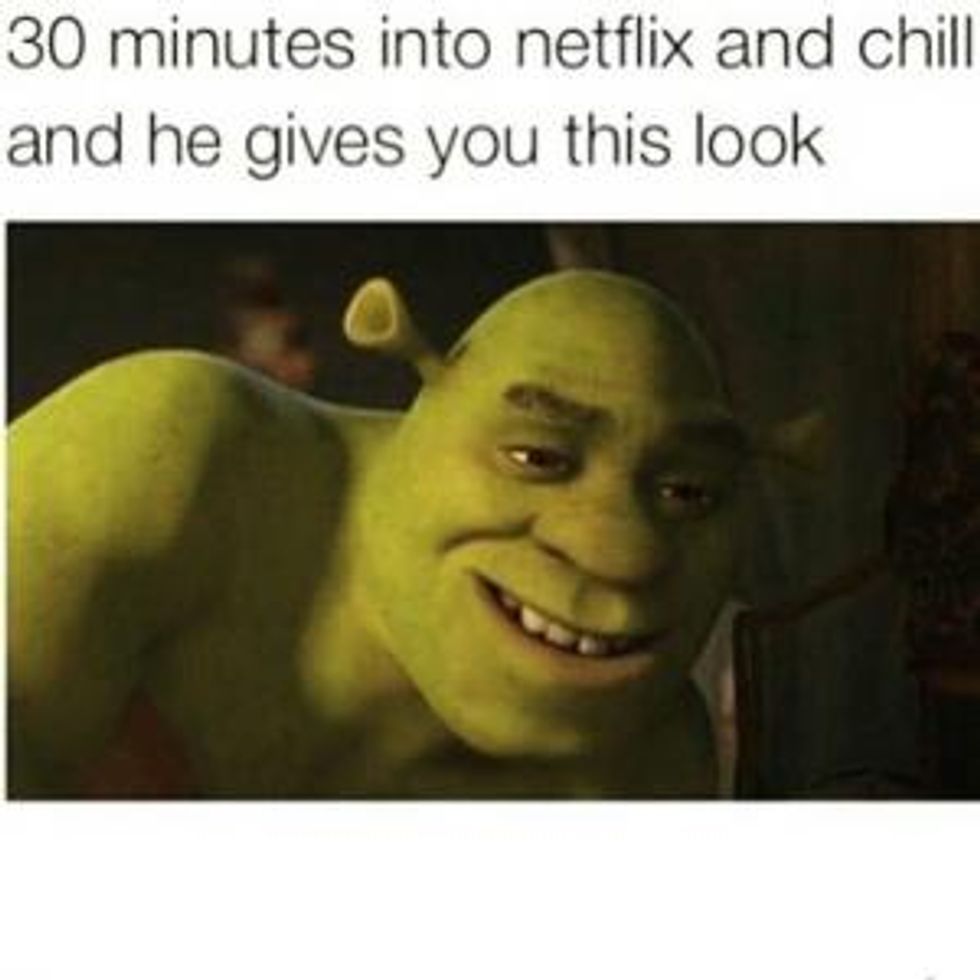The English language is a strange, strange thing. Over the years, a lot of slang words and phrases have become a part of everyday speech, especially for millennials. I have always wondered how these things find their way into our vocabularies, so I did a little research on three common phrases that are widely used today. Don't worry, all definitions are Urban Dictionary approved.
On fleek - (adj.) the quality of being perfect; to be "on point"
People claims that this term was listed on Urban Dictionary as early as 2003. It was first defined as "smooth, nice, sweet." Accompanying the definition was the incredibly helpful example sentence, "That was a fleek move you pulled on that chic." In 2009, a second definition, which described the term as a synonym for "awesome", was submitted. However, the phrase didn't really take off until June of 2014, when Peaches Monroee (yes, two E's) posted a vine that let the world know her eyebrows were indeed on fleek.
Thank you for your lovely word choice, Peaches.
Turn up- (verb) being loose and wild, potentially with the consumption of alcohol; to reach an altered state of consciousness
Ah, the perfect way to describe what you're doing on Friday night. But how did this term come to be? In recent years, the use of "turn up" (or "turnt up") has become more and more common in the lyrics of pop and rap songs, which seems to be what popularized the phrase. One famous example can be found in "We Can't Stop" by Miley Cyrus. Cyrus sings, "And everyone in line in the bathroom/Trying to get a line in the bathroom/We all so turnt up here/Getting turned up, yeah, yeah, yeahhh". According to PopDust, one of the earliest uses of the term is in Lupe Fiasco's "Turnt Up." Even Queen B hopped on the turn up bandwagon in the 2014 song "Turnt" by The Dream, which features Beyoncé and 2 Chainz.
Turn down for what, am I right? *cue Lil Jon*
Netflix and chill- (verb) hooking up, usually with Netflix playing in the background
Leave it to social media users to sexualize Netflix. Fusion even provides a timeline for the history of this phrase. Like most recent slang, it seems that "Netflix and chill" originated on Twitter and then found its way to Instagram, Vine, Tumblr, etc. It started out innocently enough, but as Netflix gained popularity, so did the phrase. According to Fusion, the first recorded use of "Netflix and chill' was from user @nofacenina in 2009. The tweet reads, "I'm about to log into Netflix and chill for the rest of the night." Over the last 5 or 6 years, the phrase became a compound noun and took on a suggestive meaning. Remember the "Starter Pack" Twitter account?
And let's not forget the memes.
It seems that the best way to explain why these ridiculous slag words make their way into our vocabularies is simply because it just happens. All it takes is for one person to post on social media, and then suddenly millions of people are using a term, and then their friends are using it, and then their siblings are using it, and then their parents are using it, which is perhaps the scariest part of all.
























